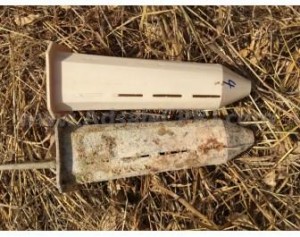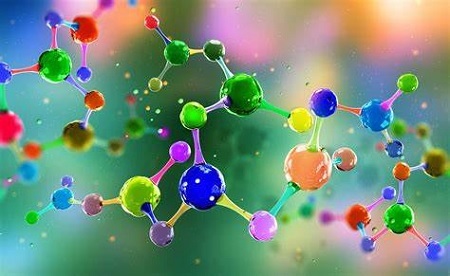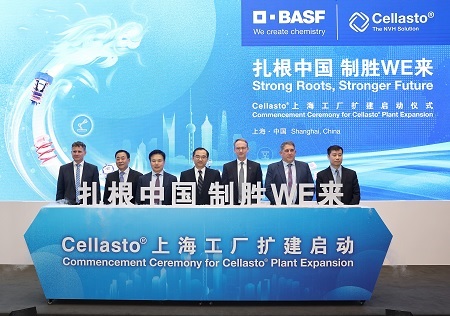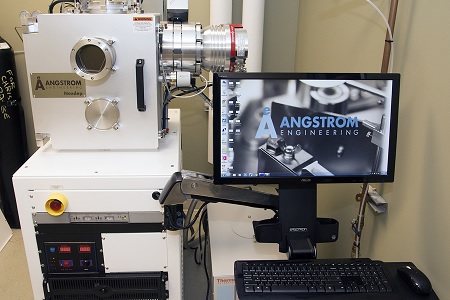Corbion, Global Bio‐Polymers and Maxrich join hand in the development of a biodegradable root growth container to improve the agricultural efficiency and environmental performance of rubber tree plantations.
Currently, rubber trees are planted in nurseries, above ground, in polyethylene (PE) film bags or polypropylene (PP) cones. These containers ensure that the roots grow in a contained vessel, enabling the farmer to transport and plant them easily.

Once the mature trees are outplanted, the cutting off of the bag or cone can damage the root system and result in yield loss of the final tree crop, at a cost of THB 90 per lost tree.
The PE bags (or parts thereof) can end up left on the land or blown away – resulting in litter, polluting the local environment and endangering local wildlife. Currently, the bag container is favored over the cone due to the ease with which it can be cut off.
However, the cone promotes better directional growth of the roots and can promote a longer tree life of around 5 years, resulting in economic value of US$100 per extra year of successful growth. The cone, however, is more difficult to remove at time of outplanting and results in yield loss due to root damage during this step.
The bioplastic container project is intended to provide an alternative to the existing options of PE bag/PP cone. A bioplastic cone would offer the benefits of directed root growth (promoting longer tree life and increasing economic value per tree) combined with biodegradability at end of life (no need to cut off the container, thus reducing the current root damage yield loss created during container removal when outplanting).
The biodegradable containers would also eliminate the current littering of non‐biodegradable plastics currently caused by the existing PE bag solution.
The bioplastic cone will be based on Corbion Purac’s polylactic acid (PLA) along with other biopolymers. The bioplastic compound will be specially developed to match the climatic conditions and needs of both the nursery and the plantation, in various geographical locations in Thailand, the company noted. The PLA is made from sugarcane grown locally in Thailand, making it a circular and local‐for‐local application.
Kun Chalermkiatkul, Business Development PLA at Corbion Purac Thailand, commented, “PLA bioplastics are a perfect material for the rubber tree root protection containers, given their biodegradability and performance. The fact that they are also made from feedstocks grown here in Thailand – made into bioplastic monomers via our 75 kiloton (KT) lactide facility here in Rayong – makes the project even more interesting. Corbion is proud to promote the circular, bio-based economy in Thailand in this way.”
Stefan Barot, Bioplastics Director Asia Pacific for Corbion, added, “Respecting the natural cycle of rubber trees, we will need time for development and testing: to adapt and tailor the bioplastic compound to local conditions and ensure an optimal combination of performance and environmental benefits in the final part. It is early days yet, though initial trials have gleaned positive results and we are excited to move this application forward as fast as nature allows us to.”
Natural rubber is a key agricultural product in Thailand. In 2012, natural rubber was the second economic contributor to the agricultural economy, second only to rice. In 2015, Thailand produced around 4.5 million tons of natural rubber. Every year 90 million new rubber trees are planted in Thailand alone.
Source : China Plastic & Rubber Journal













